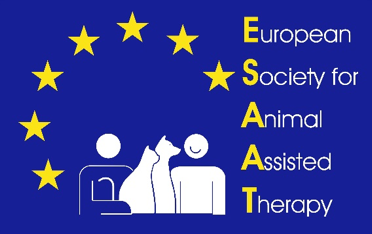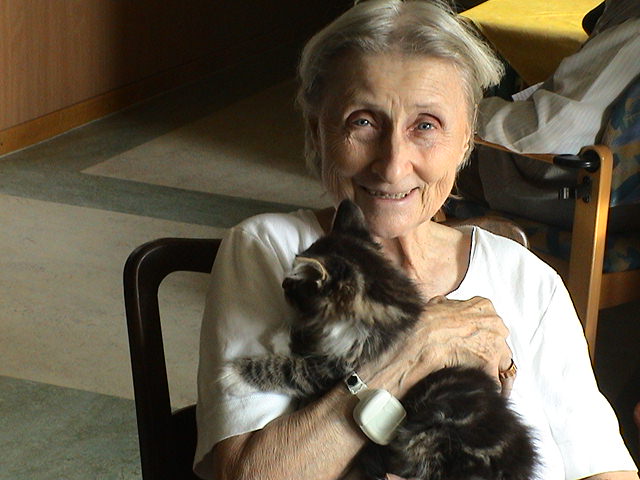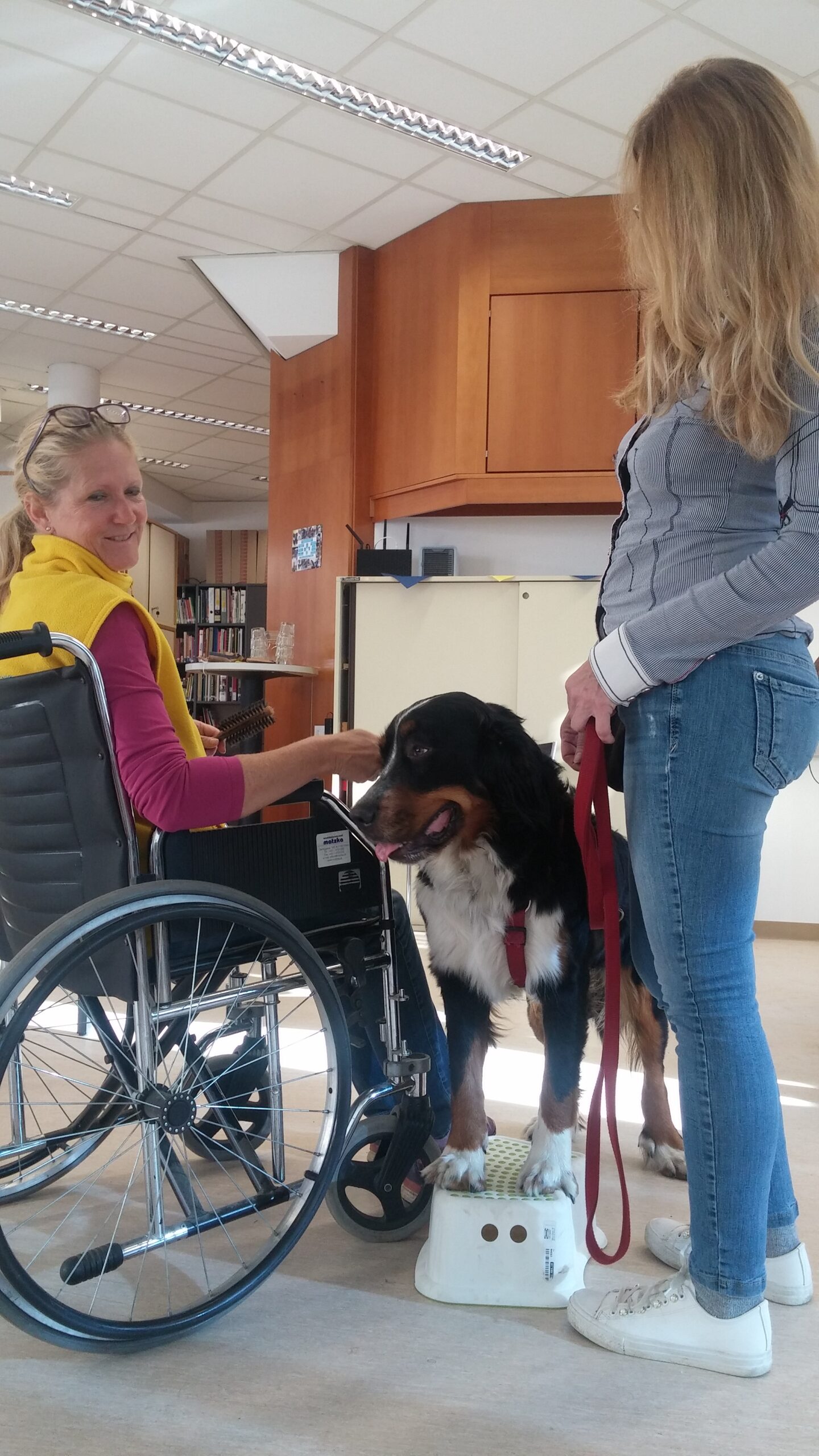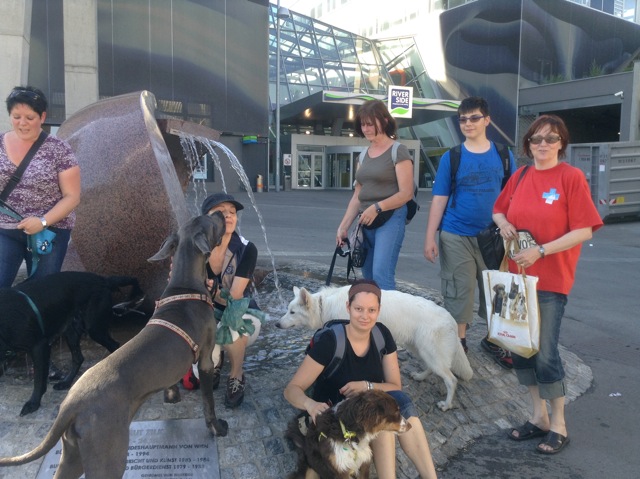ESAAT
HISTORY

Board
ESAAT Members


History of ESAAT
- 2000 – Demand for animal-assisted interventions, both domestically and from abroad and eastern Europe
- 2001 – TAT, Prof. Josef Leibetseder, was one of the first to recognize the need for a European umbrella organization to develop and anchor uniform standards
- 2001 – TAT contacted all persons and associations working in the field of animal-assisted work in Germany and Switzerland at that time to obtain their feedback and to trigger the further development
- 2004 – Foundation of ESAAT as an umbrella organisation for organisations within the EU. Founding members were the clubs TAT (Josef Leibetseder, Anton Tölk, Helga Widder), IET Germany/Switzerland (Erhard Olbrich, Dennis Turner, Ingrid Stephan), GTTA Switzerland and Robert Tanner-Frick.
- from 2004 – Establishment of a working group at the Vet. Medical University of Vienna with experts from various fields, who are to develop essential principles for animal-assisted work with pets as well as examination regulations for the animal species horse, dog, cat, small mammals (such as rabbits, guinea pigs and rats).
- 2008 – Completion of the examination regulations for the accreditation of animal-assisted work
- from 2008 – Start of accreditation activities of ESAAT. Any organization that offers training in animal-assisted therapy, pedagogy or support measures within the framework of ESAAT undertakes to recognize the ESAAT guidelines in a binding manner.
- from 2018 – Considerations and discussions with other providers to expand activities towards Europe
- 2021 – New Board and Advisory Board of ESAAT
What we do
Umbrella organisation for European institutions and associations
ESAAT acts as an umbrella organization for all animal-supported associations in Europe, which are willing to adopt the standards and quality requirements of ESAAT in their own program and to act accordingly.
Development + adoption of training standards
ESAAT develops and formulates standards and testing requirements in animal-assisted work in order to advocate for and disseminate uniform standards throughout Europe.
Accreditation of associations in animal-assisted work
Interested associations and institutions can have their own work profile accredited by ESAAT and are thus part of a European quality movement in animal-assisted work.
Principles of animal-assisted work
An indispensable prerequisite for animal-assisted work is that the keeping of the animals used and the handling of them comply with the requirements of the European Convention for the Protection of Pets, as well as the Animal Welfare Act of the respective country.
The animal owner is responsible for the animal welfare-compliant accommodation and care of the animal. The person who works on animal support is responsible for the comprehensive welfare of the animal during the animal-assisted use.
it shall determine the frequency, duration and intensity of use in such a way that the welfare of the animal is not adversely affected; in particular, it is obliged to interrupt the operation at the first signs of distress.



